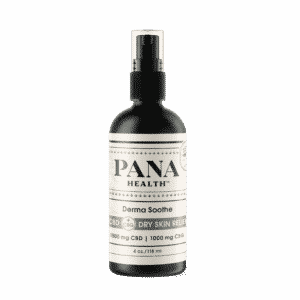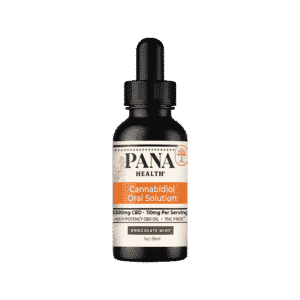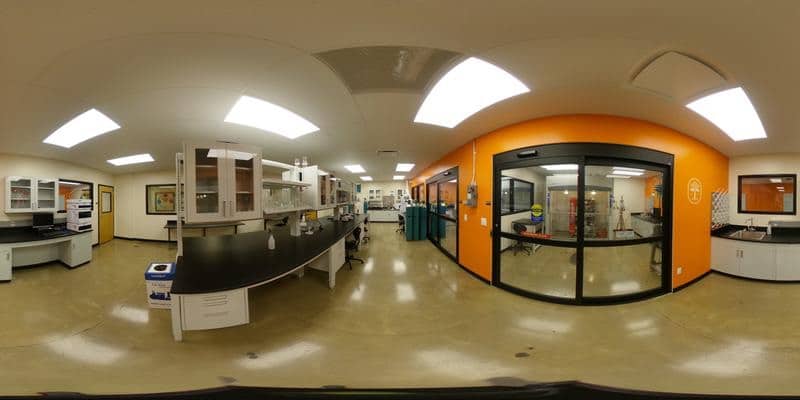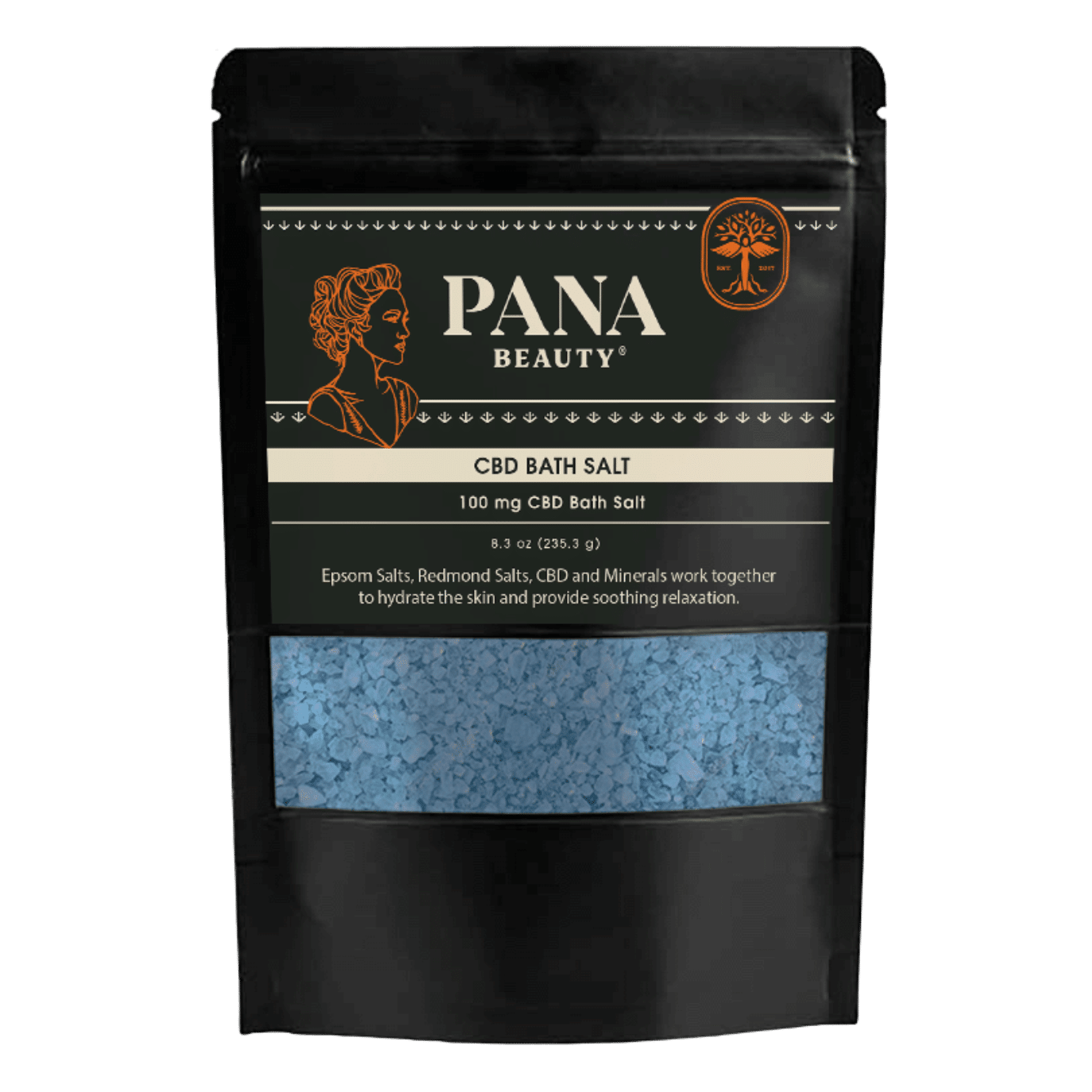Cannabidiol, affectionately known as CBD, is a naturally occurring cannabinoid found in the cannabis plant. Unlike tetrahydrocannabinol, or THC, it is non-psychoactive, meaning it doesn’t produce the “high” effect often associated with the marijuana plant.
CBD has made its way into our coffee shops, convenience stores, health food aisles, and homes. The once illegal and misunderstood cannabinoid has blossomed into an accessible, mainstream supplement that can be used and consumed in every which way imaginable. From gummies and oils to sanitizers and salves and everything in between, the sky is the limit when it comes to the boundless possibilities of cannabidiol.
It can be quite fun to join the trendy consumers’ and corporations’ exploration of the many forms of CBD available today, but do you know what’s even more fun? Becoming the expert trendy consumer.
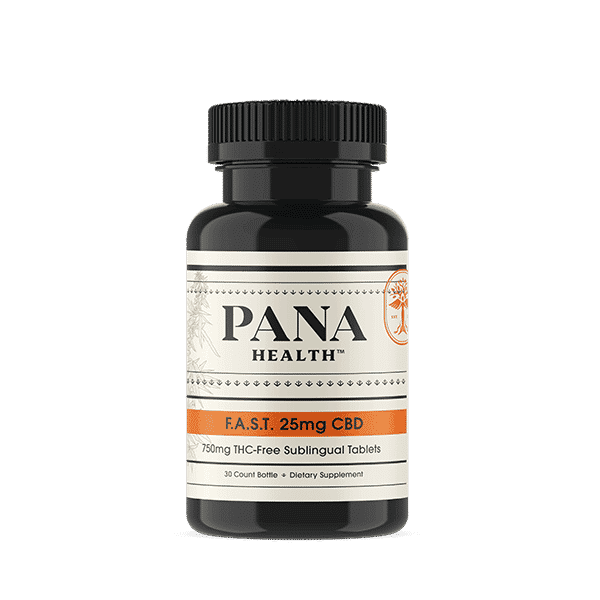
CBD Water
CBD water is one cannabidiol product that has made its way to forefront of trends in recent years. It’s exactly what it sounds like: water infused with CBD particles. The major selling point is that this particular method of ingesting is an easy, no-fuss way in which to inject your daily CBD fix into your diet and reap the rewards. In theory, the product makes perfect sense. I mean, we all have to drink water anyways, right?
But like all trends once put to the test, we are forced to ask: is it really worth the hype?
The Facts
For starters, the typical CBD water product contains a comparatively small amount of CBD—around 2-5 mg per container. To give you a point of reference, the average dosage shown to produce significant effects on average is 15 mg minimum, according to research. The companies accused of being stingy with their dosages argue that this smaller-than-average dose is acceptable due to something called nanotechnology.
Nanotechnology is a process that essentially gift wraps the CBD molecule in microscopic nano-carriers which stabilize the CBD. This teeny-tiny, brand new, and shiny CBD package can supposedly move much faster in our blood and remain much longer in the body than tired, old, plain Jane CBD molecule. Thus, “nano-CBD” not only reaches its target faster, but also releases more slowly over time, allowing for an overall more effective CBD experience. Sounds great, right? There’s just one issue: research on nanotechnology is limited, while skepticism is relatively abundant.
Another tidbit worth noting is that CBD can break down when exposed to light and air exposure. As a result, storage conditions matter. Given that CBD water is typically sold in grocery stores, one would question whether those days or even weeks of sitting under bright lights might degrade the already minimal CBD content.
Lastly, CBD water is expensive. Compared to basic bottled water, which averages around $1 to $2 dollars, CBD water typically runs a cost of $5 or more. Even when bought in bulk, CBD water can be more expensive compared to a different CBD form of the equivalent dose.
Whether or not CBD water deserves its spot on the trendy list is up to you to decide. In the meantime, there’s always: Panacea’s Cherry Bomb Gummies.
By the way, with us, you never have to question the hype.


